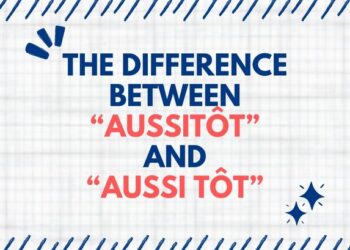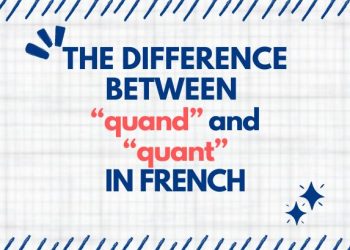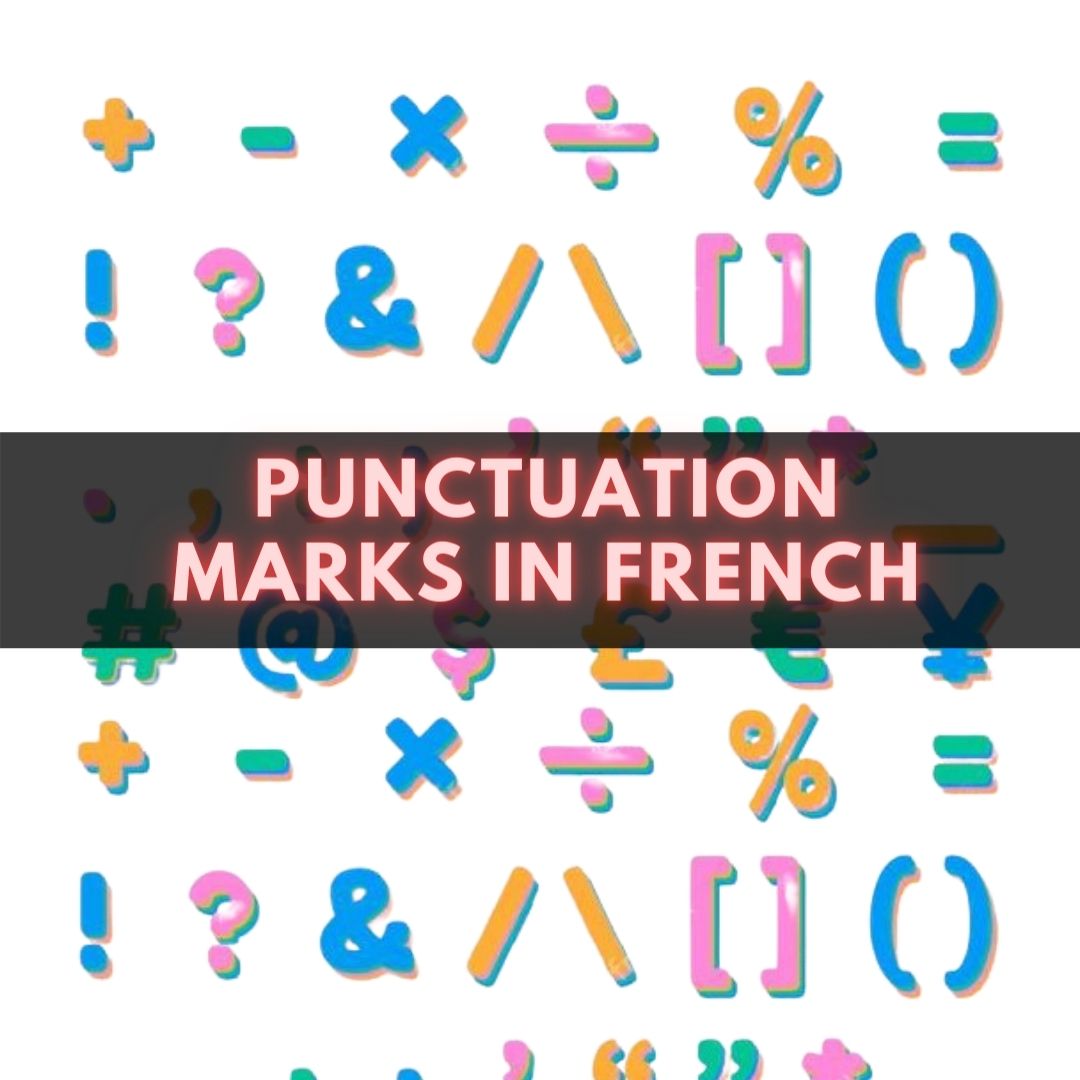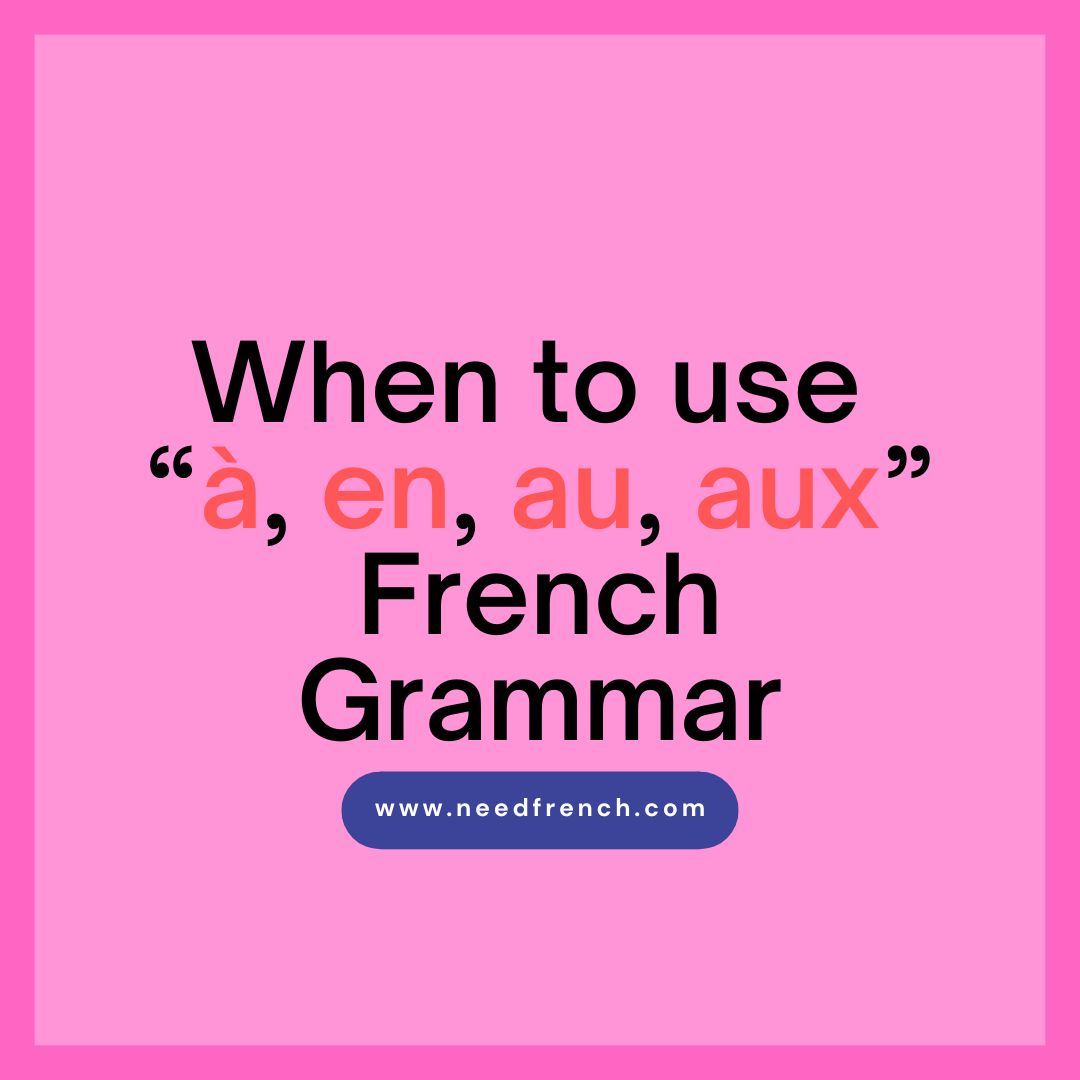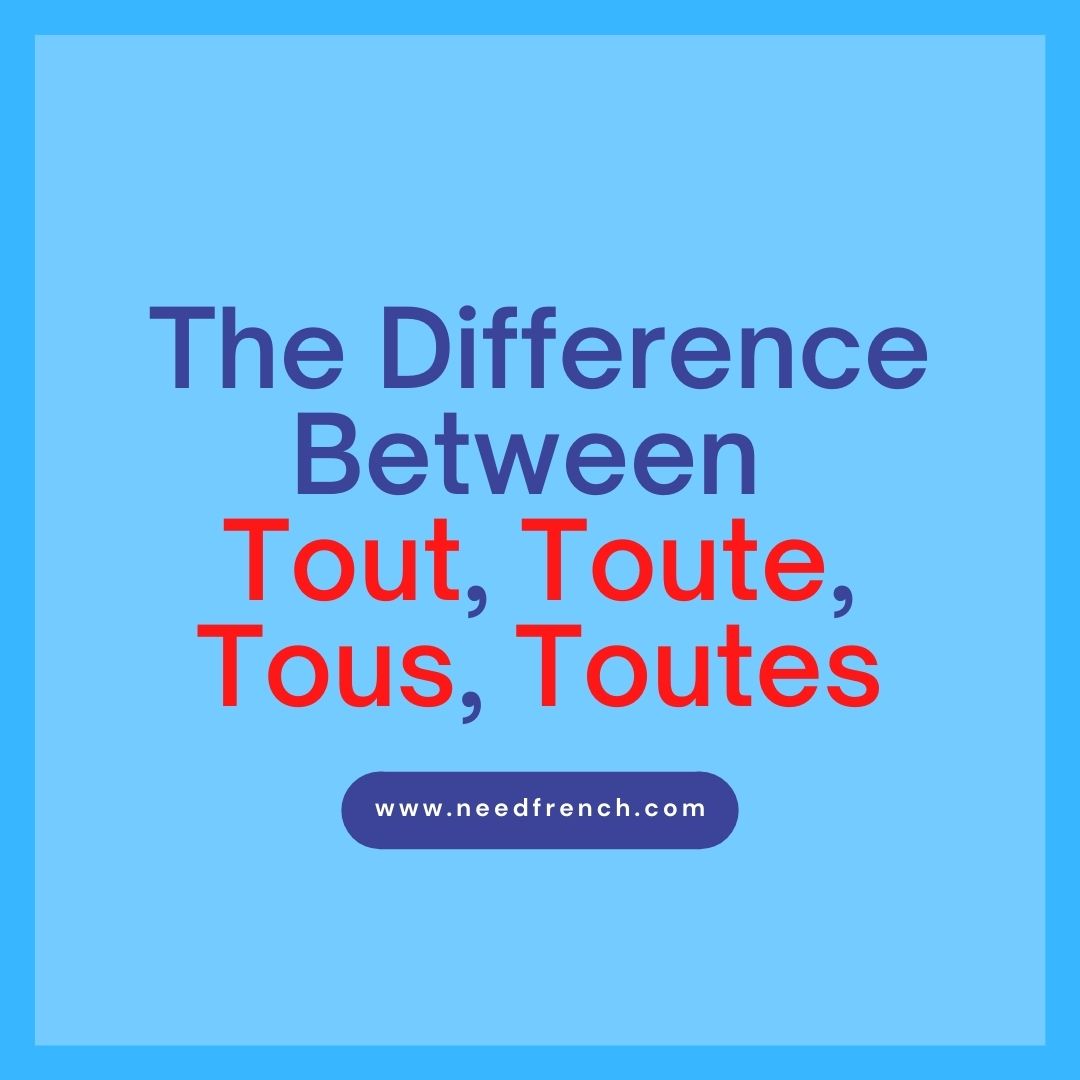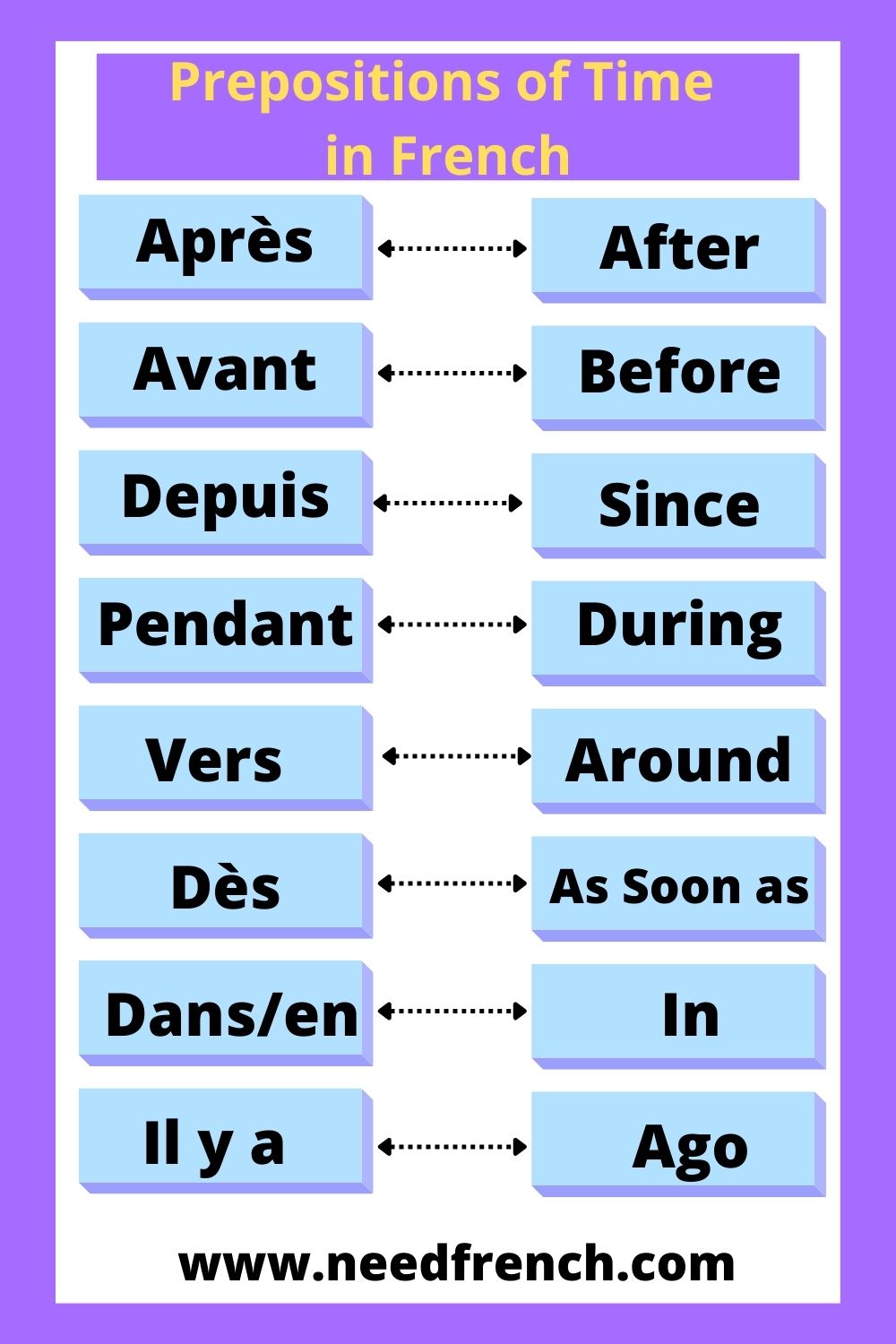Today’s challenge involves “donc” and “dont,” two tiny words that can cause big confusion. Let’s delve into their distinct roles and empower you to use them with confidence!
Table of Contents
ToggleDonc
- Function: Conjunction expressing conclusion, consequence, or result:
- Il pleut, donc je prends un parapluie. (It’s raining, therefore I’m taking an umbrella.)
- J’ai travaillé dur, donc j’ai réussi. (I worked hard, so I succeeded.)
- Il est en retard, donc on l’attend. (He’s late, so we’re waiting for him.)
- Formality: Can be used in both formal and informal settings.
Dont
- Function: Relative pronoun introducing a restrictive relative clause:
- Le livre dont je parle est sur la table. (The book that I’m talking about is on the table.)
- L’amie dont tu parles est arrivée. (The friend whom you mentioned has arrived.)
- La ville dont je rêve est à la mer. (The city I dream of is by the sea.)
- Formality: Generally considered formal, though informal use might be found in spoken language.
Key Differences
| Feature | Donc | Dont |
|---|---|---|
| Word type | Conjunction | Relative pronoun |
| Function | Expresses conclusion/result | Introduces restrictive relative clause |
| Example | Je suis fatigué, donc je vais dormir. | Le livre dont je te parle est intéressant. |
| Formality | Varies | Formal |
Tips for Choosing the Right Word
- Think about the meaning you want to convey. Do you want to show a consequence or define something through a relative clause?
- Consider the sentence structure. “Donc” connects two independent clauses, while “dont” introduces a relative clause within another clause.
- Pay attention to formality. If unsure, opt for “donc” as it can be used in both formal and informal contexts.
Practice Makes Perfect!
Time to test your knowledge!
By mastering these tiny giants of French logic, you’ll unlock a new level of clarity and precision in your communication. So, go forth, embrace their unique functions, and express yourself with confidence!
